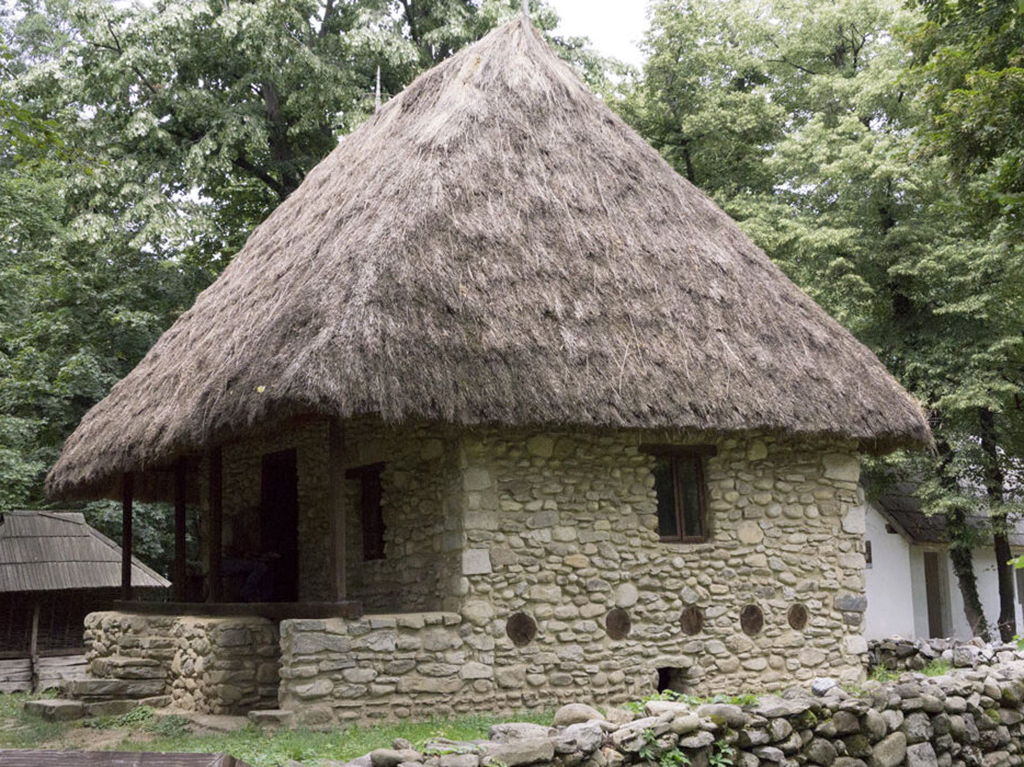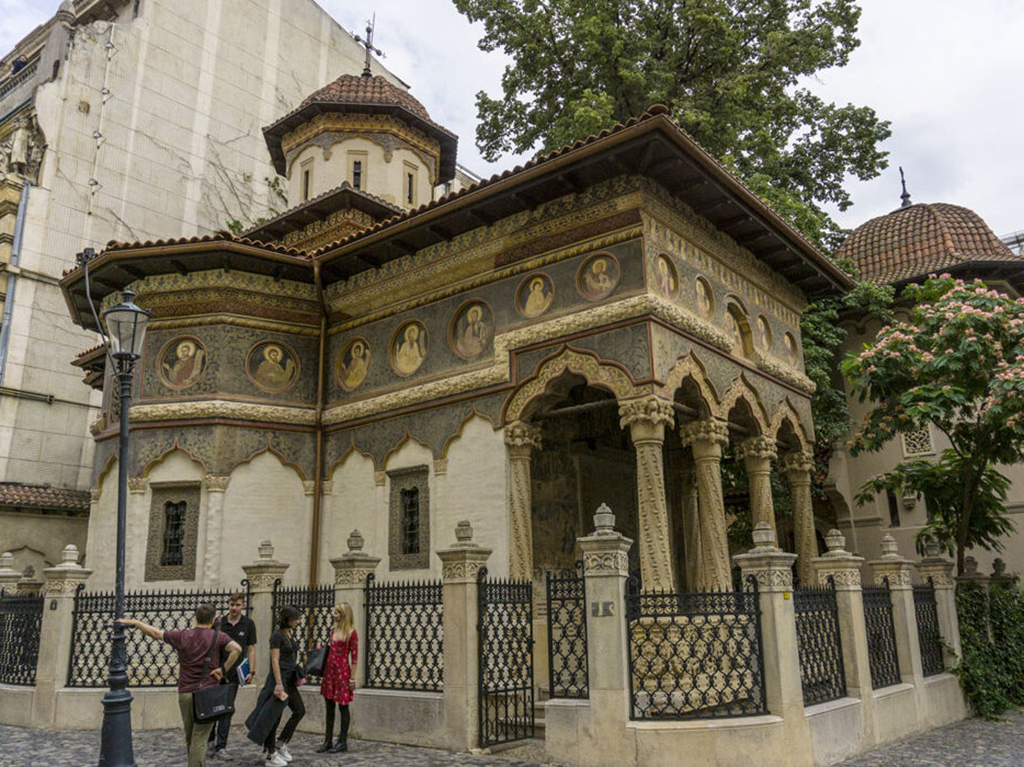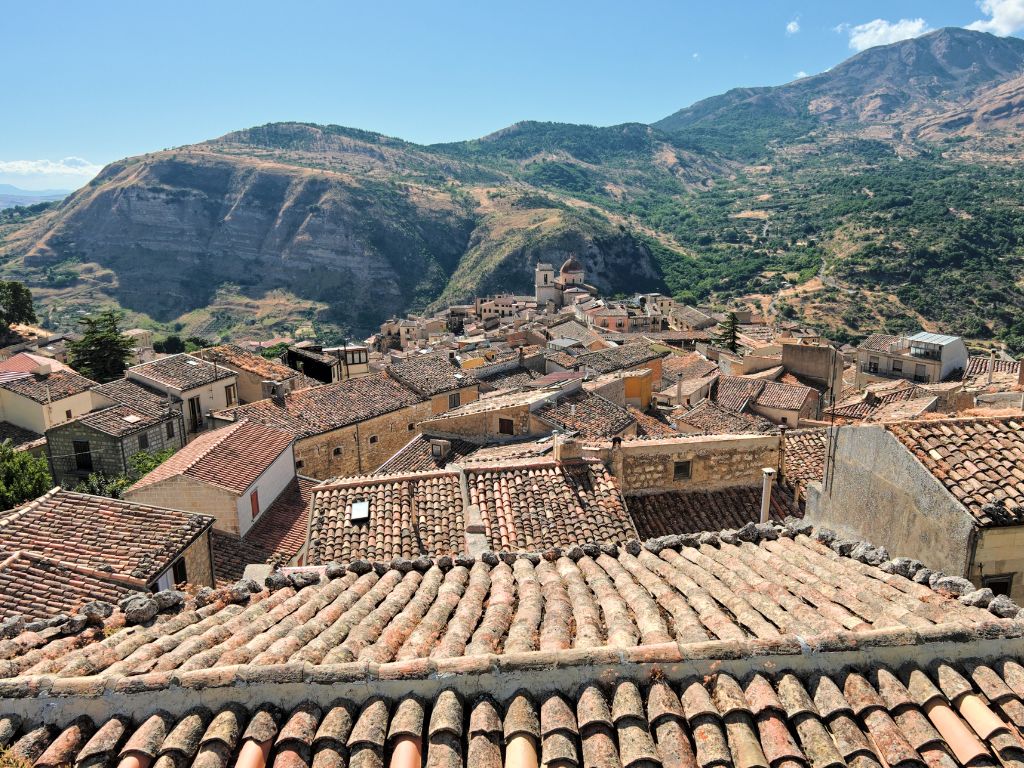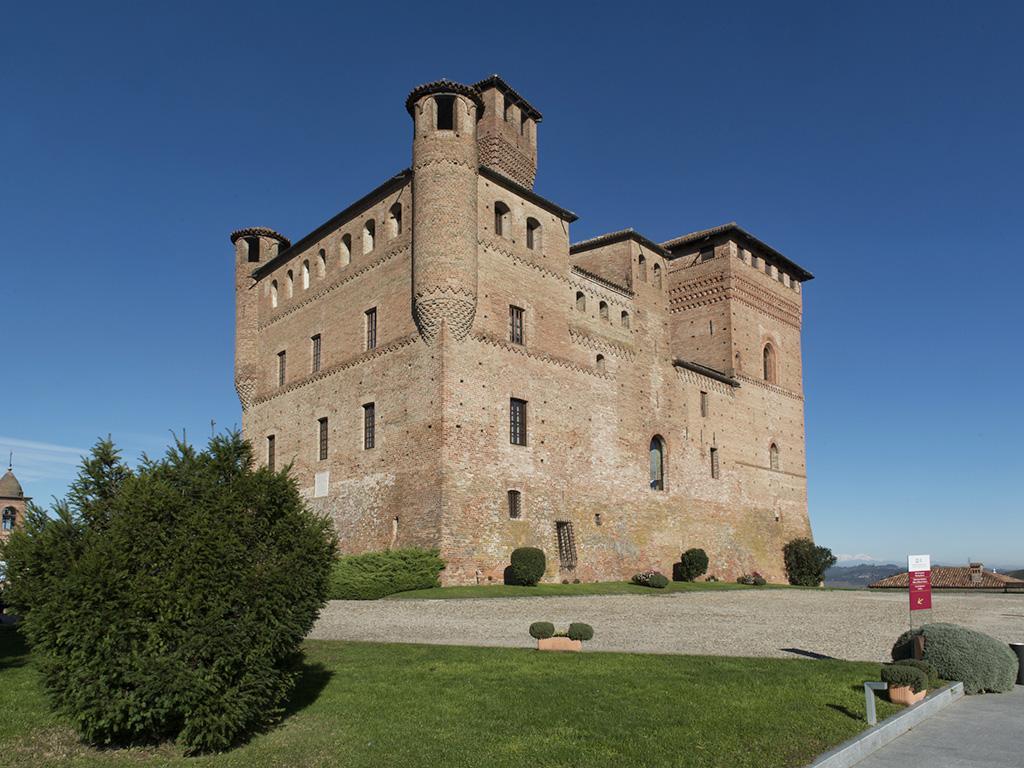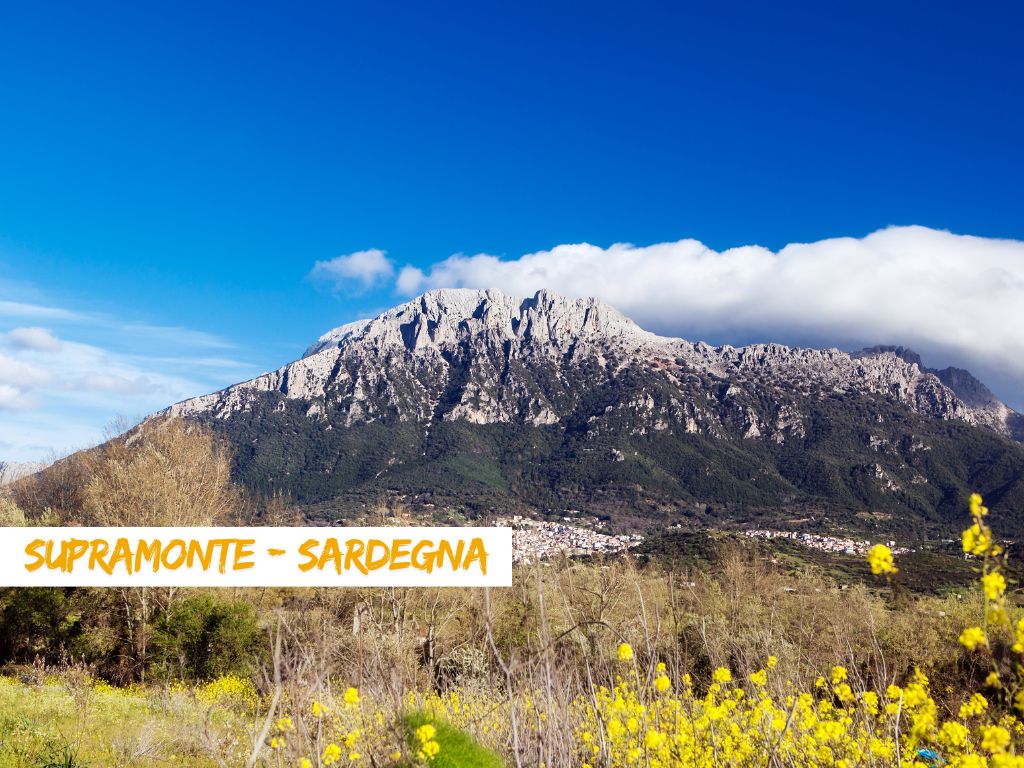If you're seeking a unique culinary adventure, Romania is the perfect destination. Romanian cuisine is a treasure trove of authentic flavors that reflect the country's culture and tradition. In this article, we will guide you through some of the most popular Romanian specialties and unveil the secrets behind their unique tastes.
Discover Authentic Romanian Cuisine: Exploring Romanian Specialties
Ancient Influences
Romanian cuisine has ancient roots dating back to the time of the Dacian and Roman tribes. These cultures contributed to defining the use of ingredients such as pork, garlic, cheese, corn, and various aromatic herbs. These elements still form the basis of Romanian cuisine today.
Foreign Influences
During the Middle Ages, Eastern Europe was influenced by a series of foreign empires and cultures. The Ottoman Empire, for instance, left a significant mark on Romanian cuisine, introducing dishes such as "mămăligă" (polenta) and "mici" (skinless sausages).
Cultural Renaissance
The 18th century marked the beginning of a cultural renaissance in Romania, which also influenced the cuisine. New ingredients and culinary techniques enriched Romanian tables, leading to the use of spices and more refined preparations.
Regional Cuisine
Romania is a geographically diverse country, and this is reflected in its cuisine. Each region has developed its own culinary specialties, often based on local ingredients. For example, in Transylvania, you'll find dishes like "sarmale" (cabbage rolls), while Moldavia is renowned for "măcriş" (a sauce made from parsley and sour cream).
Traditional Cuisine
Romanian cuisine is known for its attention to detail and the importance of family meals. Many traditional dishes require time and patience in their preparation, such as "ciorbă de perișoare" (sour meatball soup) or "mămăligă" served with cheese and sour cream.
Modern Influence
Today, Romanian cuisine continues to evolve. International influences have been added, giving rise to high-end restaurants and new approaches to traditional gastronomy. However, the roots of Romanian cuisine remain strong, and many traditional dishes are still an integral part of the daily diet.
Romanian Specialities
Traditional Romanian cuisine is a true culinary treasure that embodies centuries of tradition and culture. With its authentic flavors and a variety of unique dishes, Romanian cuisine offers an unforgettable taste experience. Discover Romanian specialties such as "sarmale," "mămăligă," and "mici," which stand out for their hearty and authentic tastes. Explore "ciorbă de burtă," a tripe soup rich in flavors, and delight your palate with the sweet and fluffy "cozonac." Embark on a true culinary adventure in Romania and uncover the tasty secrets of its traditional cuisine.
- Sarmale: "Sarmale" are an absolute must when it comes to Romanian cuisine. These cabbage or grape leaves rolls filled with minced meat, rice, and spices are a dish rich in flavor and tradition. Romanian "sarmale" are a true palate pleasure, and due to their authenticity and versatility, they have become one of the most sought-after specialties by tourists and food lovers.
- Mămăligă: If you want to try a typically Romanian side dish, you absolutely must taste "mămăligă." This creamy and dense polenta, made from cornmeal, is a perfect accompaniment for many Romanian dishes. "Mămăligă" has won the hearts of many with its unique flavor and comforting texture.
- Ciorbă de Burtă: If you're a soup enthusiast, "ciorbă de burtă" should not be missing from your list. This tripe soup, prepared with beef, vegetables, and spices, offers a robust taste and a rich consistency. "Ciorbă de burtă" is often served with cornbread and chili pepper to add a touch of spiciness. This Romanian specialty is an unforgettable culinary experience.
- Mici: If you love grilled food and sausages, you must try Romanian "mici." These flavorful bites of pork meat, seasoned with garlic, spices, and aromatic herbs, are a beloved specialty throughout the country. "Mici" are perfect for a casual meal with friends or a garden party. Don't forget to serve them with classic mustard or mayonnaise to enhance their unique flavors.
- Papanasi: "Papanasi" are a sweet Romanian specialty that you absolutely cannot miss. These delicious desserts made from fresh cheese, flour, eggs, and sugar are fried until they achieve a golden and crispy exterior, while the inside remains soft and fluffy. "Papanasi" are then served warm, accompanied by generous amounts of sour cream and forest fruit jam. Each bite of "papanasi" is an explosion of sweet and creamy flavors, with a delightful combination of textures. This traditional Romanian dessert is a true temptation for the sweet tooth and a treat to be enjoyed during a visit to Romania. Whether you're a cheese lover or a dessert enthusiast, "papanasi" will captivate you with their irresistible charm.
- Cozonac: We conclude with a traditional Romanian sweet, "cozonac." This sweet and soft ring-shaped bread, enriched with walnuts, jam, cocoa, or poppy seeds, is a burst of flavors and sweetness. "Cozonac" is a delicacy typical of Christmas and Easter holidays. Make it at home or purchase it from a local bakery for an authentic experience.
Conclusion
Romanian cuisine is a delightful blend of influences from the Balkans, Eastern Europe, and the Mediterranean, creating a unique and diverse culinary experience. Whether you're enjoying sarmale at a family gathering or indulging in sweet Papanași at a local café, Romanian cuisine is sure to leave a lasting impression on your palate. So, when you find yourself in Romania, don't miss the chance to savor these culinary treasures and embark on a gastronomic adventure like no other.






